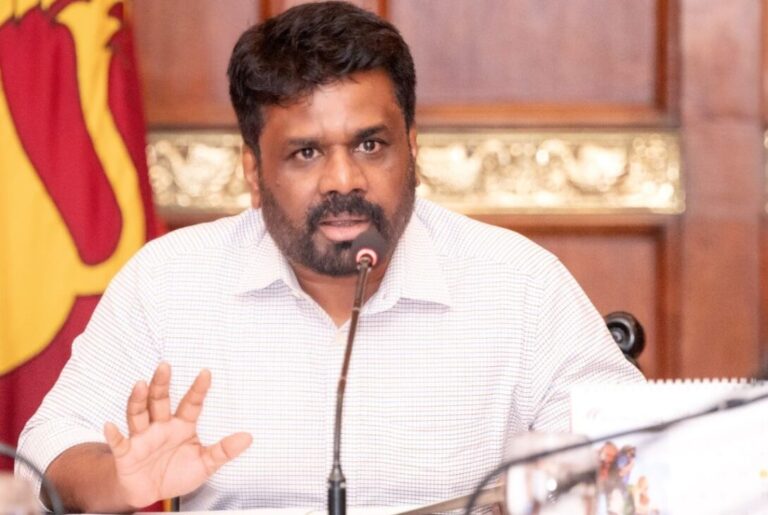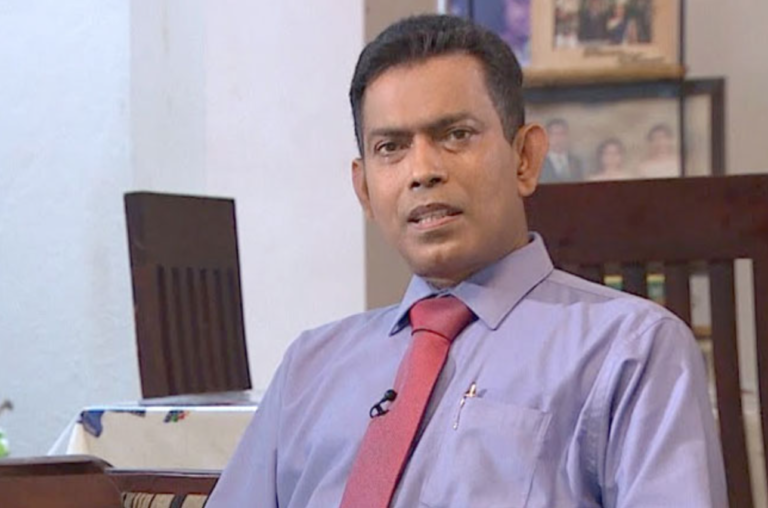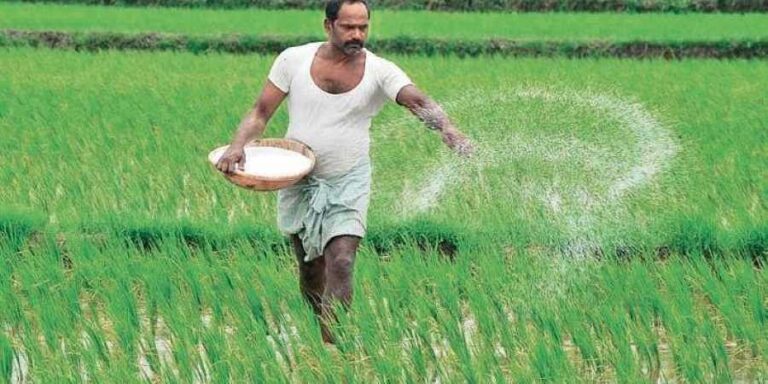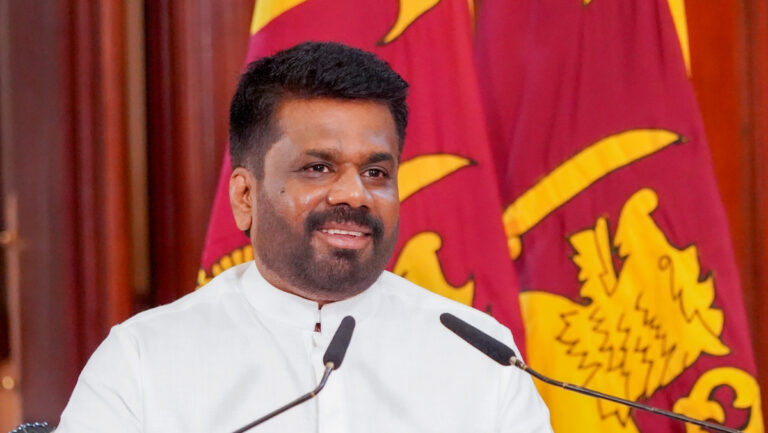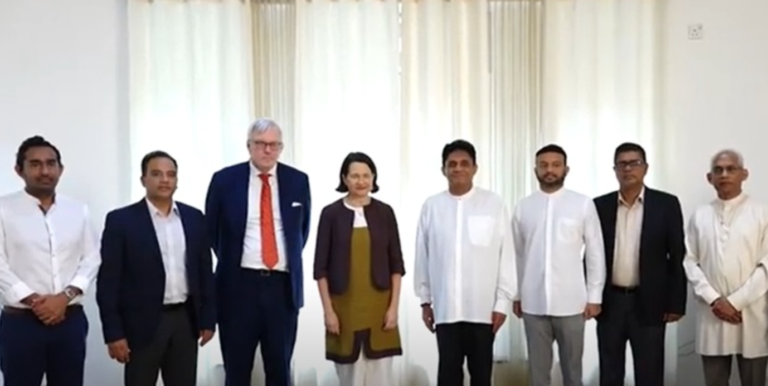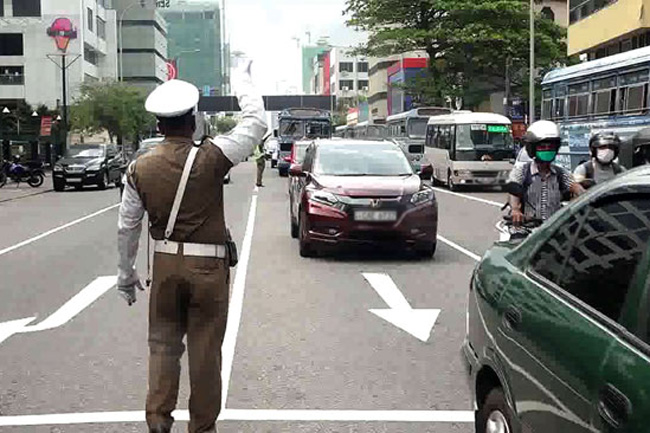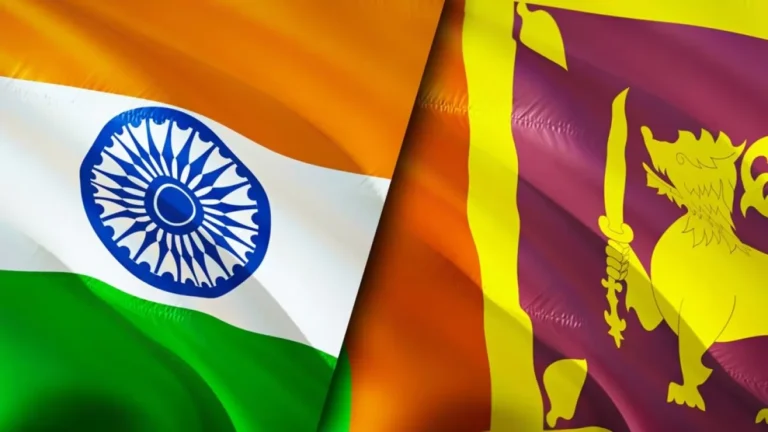In line with the new government’s vision of “A Thriving Nation- A Beautiful Life,” President Anura Kumara Disanayake has directed officials to implement measures aimed at boosting Sri Lanka’s export revenue to $36 billion by 2030. This target was highlighted during a meeting of the Export Development Council of Ministers (EDCM) held on January 27, 2025, at the Presidential Secretariat.
Sri Lanka’s export revenue stood at $16.1 billion in 2024, with an anticipated increase to $18.2 billion this year. The comprehensive action plan aims to achieve the $36 billion target by focusing on strengthening domestic production, shifting to an export-driven economy, and leveraging the country’s strategic location, human resources, and natural assets for industrial growth.
Key points discussed at the meeting included revitalizing domestic manufacturing industries, enhancing export sector competitiveness, expanding the services industry, and exploring innovative global market strategies. There was also a focus on attracting Foreign Direct Investment (FDI) under a national framework, creating an investor-friendly environment, and ensuring the availability of infrastructure and resources.
Several important decisions were made:
- A VAT refund system will be established at the airport for goods purchased by tourists.
- The manual system for inspecting export products will be replaced with an automated scanning system at Katunayake airport, with funding from the Ministry of Industries.
- Sri Lankan-manufactured railway engines will now be inspected within the country to expedite exports.
- Renewable energy sources will be introduced to reduce costs in the export industry, and exporters will be encouraged to adopt modern technology.
- Funding from the CESS fund will be provided for programs aimed at supporting entrepreneurs and investors in achieving export targets.
- The Investment Facilitation Committee will be established to support both domestic and foreign investments in the export sector.
- Export incentives will be introduced for gems and jewellery exports by implementing a method to accurately determine their export value.
- The government will focus on boosting the export of locally manufactured electronic equipment and devices, including customs duty concessions on raw material imports.
Additionally, the digitalization of data systems for the export industry was prioritized, and measures were discussed to increase bank guarantee limits for incentivizing service exports.
The meeting also tackled current challenges in the export sector, including delays in apparel export inspections, with resolutions developed through consensus.
The EDCM, established on September 11, 1980, had not met between 1992 and 2020. The 2025 meeting marks the resumption of its activities after a 28-year hiatus, underscoring its significance in shaping Sri Lanka’s export strategy.
Key attendees included Minister of Industry and Entrepreneurship Development Sunil Handunnetti, Minister of Transport Bimal Rathnayake, Minister of Trade Wasantha Samarasinghe, and several other ministers and government officials. The EDCM’s goal remains to enhance Sri Lanka’s global competitiveness by formulating and executing national export development policies.

